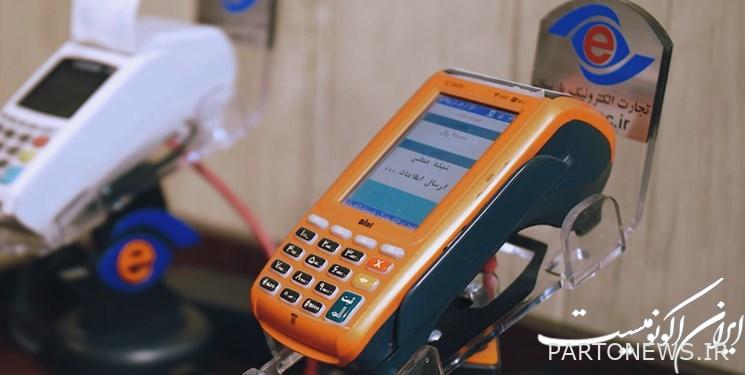Details of the implementation of the directive on the amendment of the fee system for card purchase transactions from July 4

According to Iran Economist, in order to make the electronic payment network more efficient and to improve the level of service to users, it has implemented reforms in the purchase transaction fee system of this network and announced the new guidelines, which will be implemented step-by-step from July 4, 1402 for the recipients. The selection of the first phase will be implemented.
According to this circular, which is set with the aim of establishing a balance between “services received” and “costs of providing services and ensuring the stability of the infrastructure of the electronic payment network”; Owners of card reader devices (acceptors) pay part of the purchase transaction fee.
In the new fee system, acceptors pay a fixed amount of 1,200 Rials for transactions less than 6 million Rials, and for higher transactions, 200% of the purchase amount up to a maximum of 40,000 Rials.
Despite accepting payment of a part of the payment network fees by the acceptors, the majority of these fees will still be provided by the banking network.
According to the timetable for the implementation of this circular, except for industries such as bakeries, supermarkets, gas stations, medical units, etc., the new fee system will be implemented for the rest of the recipients from July 4. The fee implementation time for the guilds excluded in the first step will be announced later.
Therefore, the report of the detailed list of classes excluded in the first step includes the following:
1- Bakeries
2- Supermarkets and stores of food products and groceries
3- Pharmacies, hospitals and medical services
4- Automatic fuel stations and fuel sellers
5- Handicraft equipment stores and artistic crafts
6- Transportation inside and outside the city, taxi and car rental
7-Primary, middle and high schools
8- Newspaper shops and newspaper stalls
9- Local and long-distance telecommunication services office
10- Civil, social associations and unions and charitable institutions
11- Store of media products, books, newspapers, movies, music
12- Road, parking, parking meter and garage tolls
13- Government funds, judiciary and service companies (water, electricity, gas)
end of message/

